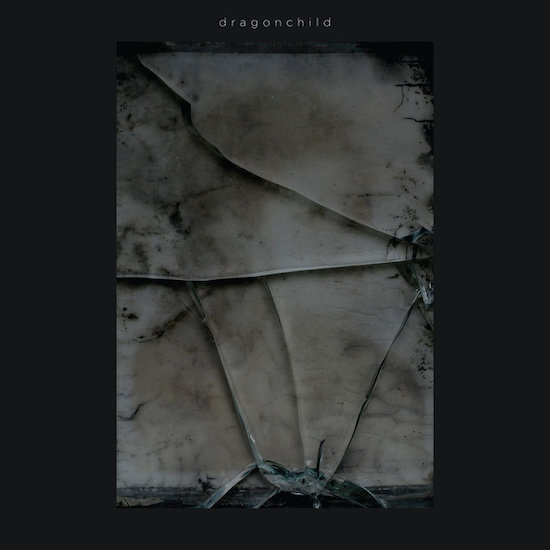As the founding member and bandleader of Boston-based Ethiopian group Debo Band, DA Mekonnen has been long recognised for his experimentations in the musical traditions of Ethiopia. The saxophonist, composer and ethnomusicologist released two albums with the group, the second of which, Ere Gobez, was lauded for its reinterpretation of existing works and its adventures in the funk, rock and pop spheres. But now, the musician is back with a focus on a solitary music practice, presenting a new project that aims to look back towards familial and generational roots, further exploring that connection to Ethiopia, while also breaking new ground, saxophone firmly in hand.
Opening track ‘Unicode 1200’, for example, which references Ethiopic script in its title, is simple and repetitive in structure. This leaves room for the intricacies of the sax, as Mekonnen builds variations on this central, hand-clap backed base. Meanwhile, lead single ‘The Source’ is funk-infused from the get-go, electronic sounds saturating the empty space, followed by a wailing sax, echoing dizzyingly around the beat. As Mekonnen himself explained of ‘The Source’ and its origins, “The track includes a sample of Hailu Mergia’s debut solo cassette played in reverse on a US Library of Congress Tape Deck. We were influenced by South African gqom music (at least in regards to the sonic reference) and went for a banger EDM dance floor vibe.”
Elsewhere, there are hypnotic melodies that reverberate until they fade to nothing (‘Hopefulness (Ecogrief FM Radio Edit)’), swinging percussion with a nod to contemporary jazz (‘Sera’) and beautiful, sprawling journeys through varying soundscapes, as in the epic twenty-minute long finale ‘Meditation (Ancestor)’.
There is, overall, a strong sense of connection that permeates throughout Dragonchild – whether it’s the literal connections forged via collaborations with claire rousay, Sunken Cages (aka Ravish Momin), and Ethiopian Records, or the less tangible links that can be felt to history, culture and community in Mekonnen’s compositions. In the physical representation of the album itself, a vinyl four-LP set which acts as a kind of art piece, he encourages a total immersion into this cosmic world that has been created by the meditations of the saxophone, but one that cannot occur in isolation. In order to fully experience the physical album, alternately titled BLACK, the four albums need to be played simultaneously – or in other words, with four people playing four turntables.
It’s no coincidence, then, that the digital album similarly stirs up feelings of communality and interconnection. ‘LTD’, for example, is an upbeat and uptempo bop, where two saxophone melodies dance around each other, repeating fragments as if in conversation. But the vibe switches suddenly halfway through, with the addition of eerie electronics and skittish drum beats, before we once again return to the chaos of the saxophones.
In its ability to completely immerse the listener in these changes in ambience, Dragonchild encapsulates the diversity of the saxophone, while also pointing to Mekonnen’s incredible control and manipulation of his instrument. Between layers of sax melody, there is sampled material, field recordings and much more, adding to the richness of the textures in each track, while still crucially paying homage to the foundations of Ethiopian musicality.


